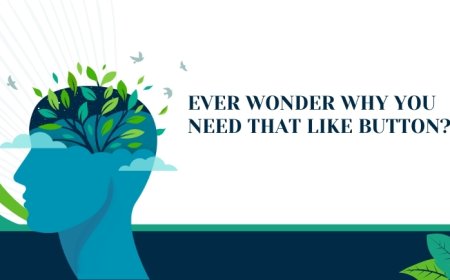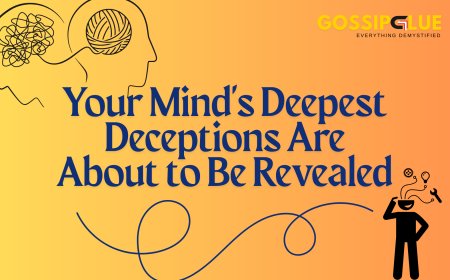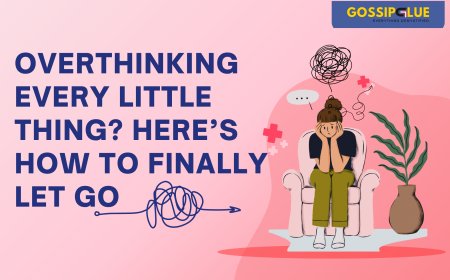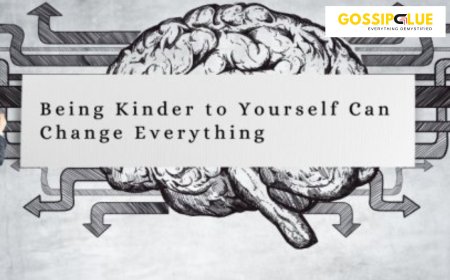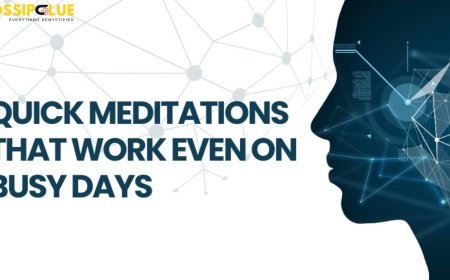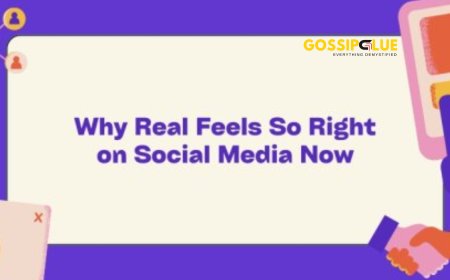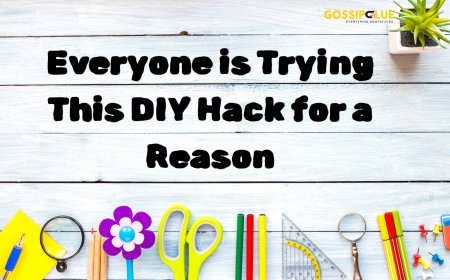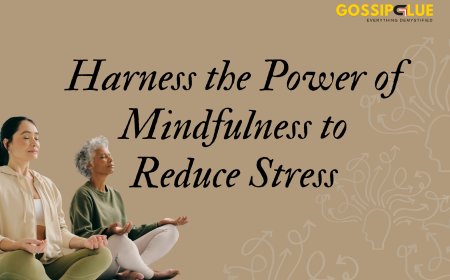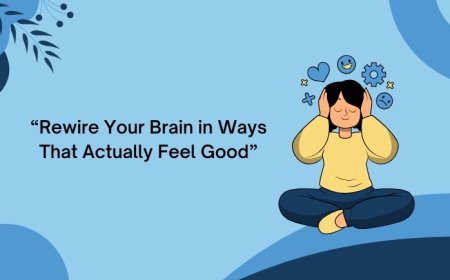The Impact of Childhood Trauma on Adult Relationships
Explore how unresolved childhood trauma can influence adult relationships, attachment styles, and emotional patterns in adulthood.

When Michael entered his first serious relationship, he envisioned a future filled with trust and love. But he soon found himself withdrawing during arguments or feeling unworthy of his partner’s affection. This could be because of his childhood trauma, from growing up in an unstable household that was casting a long shadow over his ability to connect. Childhood trauma doesn’t vanish with time; it shapes how we form and sustain relationships as adults. This article explores how childhood trauma affects adult relationships and offers pathways to healing for stronger, healthier bonds.
The Lasting Echoes of Childhood Trauma
Childhood trauma encompasses experiences like abuse, neglect, or witnessing domestic turmoil that disrupt a child’s sense of safety and security. These events leave deep imprints on the developing brain, influencing emotional and social functioning into adulthood. Research shows that childhood trauma alters areas like the amygdala, which governs emotional responses, and the prefrontal cortex, responsible for decision-making. Understanding the science of childhood trauma helps us recognize why past experiences can resurface in our closest relationships.
Moreover, childhood trauma can be a root cause behind issues like low self-esteem, anxiety, and difficulty in forming adulting friendship. The long-term emotional impact of this trauma often extends far beyond childhood.
How Childhood Trauma Shapes Adult Relationships
The effects of childhood trauma manifest in ways that can challenge even the most loving partnerships. Here are four common ways it impacts adult relationships:
1. Difficulty Trusting Others
Childhood trauma often erodes a child’s ability to trust caregivers, leading to skepticism in adult relationships. You might question a partner’s loyalty or brace for betrayal, even without evidence, creating tension and distance. This mistrust can also be tied to poor self-esteem, making it harder to believe in your worth.
2. Fear of Vulnerability
Survivors of childhood trauma may equate emotional openness with danger. This fear can lead to walls around your heart, making it hard to share feelings or accept intimacy, which stifles connection. In many cases, this behavior is a hidden sign of low self-esteem, as vulnerability becomes associated with rejection.
3. Overreacting to Conflict
Childhood trauma can heighten sensitivity to perceived threats, causing intense reactions to minor disagreements. A partner’s critique might feel like an attack, triggering defensiveness or withdrawal rooted in past pain. These reactions often indicate a lack of self-esteem, where conflict feels like personal failure rather than a chance to grow.
4. Patterns of People-Pleasing
Some individuals with childhood trauma adopt people-pleasing behaviors to avoid conflict or abandonment. This can lead to unbalanced relationships where personal needs are sidelined, fostering resentment. Over time, this tendency may mask deeper signs of low self-esteem, poor self-esteem, or a lack of self-esteem that was never addressed.
These patterns, while rooted in childhood trauma, are not permanent. With awareness and effort, you can rewrite the script for how you relate to others, including how you navigate adulting friendship dynamics.
Discover how understanding cognitive biases can lead to smarter, more effective decisions—read the full article here.
Healing Strategies to Overcome Childhood Trauma
Healing from childhood trauma is a courageous journey that paves the way for healthier relationships. Here are four strategies to support your recovery:
1. Engage in Trauma-Informed Therapy
Therapies like Eye Movement Desensitization and Reprocessing (EMDR) or Dialectical Behavior Therapy (DBT) are tailored to process childhood trauma. A skilled therapist can help you reframe painful memories and build trust. This can greatly enhance your confidence and reduce signs of low self esteem in romantic and adulting friendship relationships.
2. Practice Self-Awareness
Journaling or mindfulness can help you identify how childhood trauma influences your reactions. Noticing triggers, like feeling abandoned when a partner is late, allows you to respond thoughtfully rather than reactively. Over time, this awareness helps reduce the internalized shame that contributes to poor self-esteem and a lack of self-esteem.
3. Communicate Honestly with Partners
Share your experiences of childhood trauma with your partner when you feel safe. Explaining your triggers fosters empathy and collaboration, strengthening your bond. Honest communication can help overcome the signs of low self-esteem that prevent authentic connection in both romantic and adulting friendship contexts.
4. Build a Supportive Community
Surround yourself with friends or support groups who understand childhood trauma. These connections provide validation and reduce the isolation that trauma often creates. Having positive adulting friendship experiences can reinforce self-worth and counter the effects of low self-esteem and poor self-esteem.
A Hopeful Path Forward
The impact of childhood trauma on relationships can feel daunting, but it’s not the end of your story. Every step toward healing, whether through therapy, self-reflection, or open communication, builds resilience and opens the door to deeper, more authentic connections. Childhood trauma may have shaped your past, but it doesn’t define your future. You have the power to create relationships rooted in trust, mutual respect, and love.
This journey requires patience, but the rewards are profound. Imagine relationships where you feel safe to be yourself, where conflicts are growth opportunities, and where love flows freely. By addressing childhood trauma, you’re not just healing old wounds; you are also addressing signs of low self-esteem and building a legacy of strength and connection through supportive adulting friendship, and meaningful bonds.
Start Your Healing Journey Today
You don’t have to let childhood trauma dictate your relationships. Begin with one strategy from this article, perhaps journaling about your feelings or researching a therapist, and take it one day at a time. Share your thoughts or experiences in the comments below, or explore our emotional wellness resources for more guidance. Your path to healthier, more fulfilling relationships starts now. Take that first step today and visit Gossipglue.
What's Your Reaction?
 Like
1
Like
1
 Dislike
0
Dislike
0
 Love
0
Love
0
 Funny
0
Funny
0
 Angry
0
Angry
0
 Sad
0
Sad
0
 Wow
0
Wow
0

